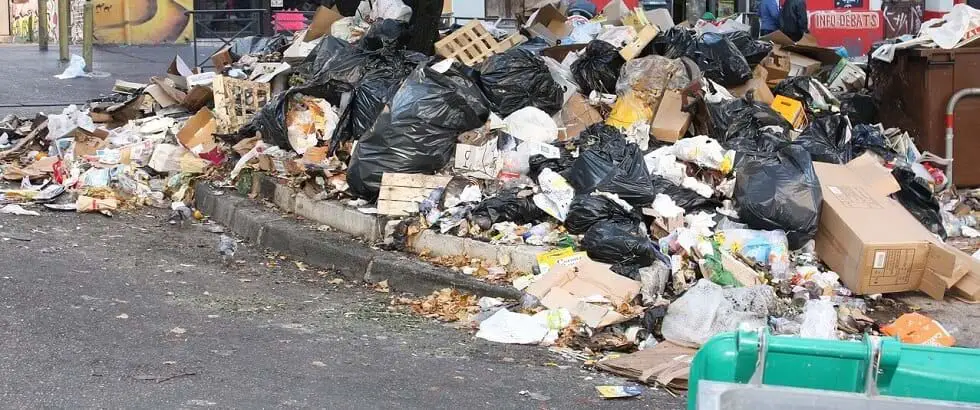The Differences Between Biodegradable and Non-Biodegradable

The primary difference between biodegradable and non-biodegradable items is the ability for biodegradable items to decompose and break down naturally in a short duration of time.
Biodegradable items are organic and will get broken down by living organisms into natural materials in the environment without causing harm or releasing any toxins.
Just because a product gets marked as biodegradable does not mean that it is compost friendly.
While many biodegradable items are compost friendly like fruits and vegetables, many products we buy marked as biodegradable will need the proper temperature and help from biological agents like bacteria for the process to happen.
According to standards developed by the Biodegradable Products Institute, PLA, a popular biodegradable material for green companies, will only decompose into carbon dioxide and water in a “controlled composting environment,” not in a backyard composting arrangement.
When Non-biodegradable items are broken down, they will also frequently leave chemicals and other harmful substances behind.
These hazardous products then get released into our air, soil, and water.
These dangerous leftovers are why non-biodegradable waste is damaging to the environment.
Many non-biodegradable items can be recycled. Unfortunately, this process is costly and requires everybody to follow proper sorting(so we need to make sure we're putting our plastics in the appropriate bin).
Unfortunately, many people still seem to find this just a little too complicated and place many recyclable items into the garbage instead.
Some items like glass, plastic bags, tin cans, car tires, and things that contain materials like polystyrene (synthetic aromatic hydrocarbon polymer) can survive for decades and centuries.
These items that are not biodegradable are also creating issues with landfills.
Because these items take so long to break down, they continue taking up space for significantly longer.
Another problem from these items are the toxins they are releasing.
Difference Between Biodegradable and Non-Biodegradable Detergents
Biodegradable detergents get easily degraded by micro-organisms and result in pollution free waste. These detergents have straight hydrocarbon chains.
Example Biodegradable Detergents
- Soaps
- Shampoos
- Toothpaste
Most of these items use Sodium lauryl sulfate or sodium dodecylbenzene sulfate resulting in pollution free waste.
Non Biodegradable Detergents
Detergents like alkylbenzene sulfonates have a highly branched hydrocarbon chain.
The complexity that these chains add prevents them from being easily degraded by bacteria, resulting in the creation of pollution.
Example Non-Biodegradable Detergents
- Laundry Detergents
- Dishwashing Liquids
- Spray Cleaners